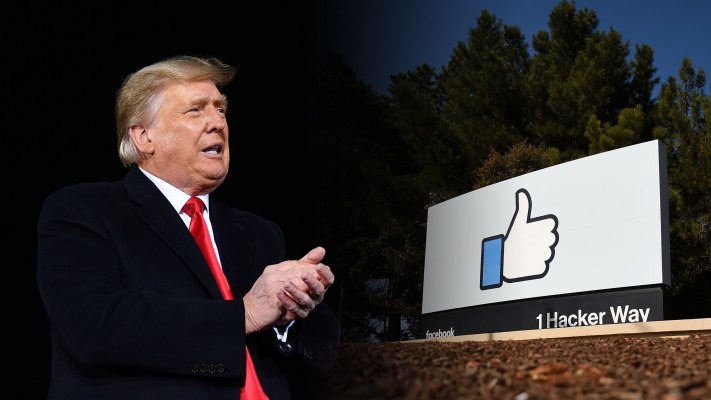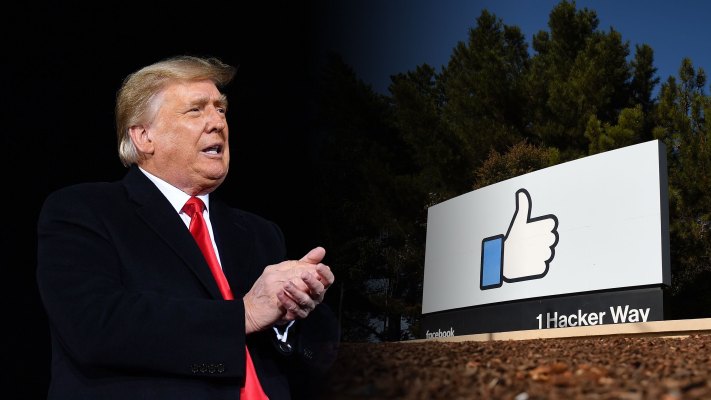Facebook’s Oversight Board will review the decision to suspend Trump


Facebook announced Thursday that its newly established external policy review group will take on one of the company’s most consequential acts: The decision to suspend former President Trump.
On January 7, Facebook suspended Trump’s account indefinitely. That decision followed the president’s actions the day prior, when he incited a violent mob that stormed the U.S. Capitol, leaving American democracy on a razor’s edge and a nation already deep in crisis even more shaken.
Facebook VP of Global Affairs and Communications Nick Clegg called the circumstances around Trump’s suspension an “unprecedented set of events which called for unprecedented action” and explained why the Oversight Board would review the case.
“Our decision to suspend then-President Trump’s access was taken in extraordinary circumstances: A U.S. president actively fomenting a violent insurrection designed to thwart the peaceful transition of power; five people killed; legislators fleeing the seat of democracy,” Clegg said in a blog post.
“This has never happened before — and we hope it will never happen again.”
In its own statement on taking the case, the Oversight Board explained that a five-member panel will evaluate the case soon with a decision planned within 90 days. Once that smaller group reaches its conclusions on how to handle Trump’s Facebook status — and, potentially, future cases involving world leaders — the decision will require approval from the majority of the board’s members. After that, the pace picks up a bit and Facebook will have one week to implement the board’s final decision.
Facebook likes to say that the board is independent, but in spite of having the autonomy to make “binding” case-by-case decisions, the board grew out of Facebook itself. The company appointed the board’s four original co-chairs and those members went on to expand the group into a 20-member body.
As we’ve previously reported, the mechanics of the board bias its activity toward Facebook content taken down — not the stuff that stays up, which generally creates larger headaches for the company and society at large. Facebook has responded to this critique, noting that while the board may initially focus on reviewing takedowns, content still up on the platforms will be part of the project’s scope “as quickly as possible.”
Given some of the criticism around the group, the Trump case is a big moment for how impactful the board’s decisions will really wind up being. If it were to overturn Facebook’s decision, that decision would likely kick up a new firestorm of interest around Trump’s Facebook account, even as the former president recedes from the public eye.
The most interesting bit about the process is that it will allow the former president’s account admins to appeal his own case. If they do so, the board will review a “user statement” arguing why Trump’s account should be reinstated.
Facebook’s external decision-making body is meant as a kind of “supreme court” for the company’s own policy making. It doesn’t really move quickly or respond in the moment, but instead seeks to establish precedents that can lend insight to future policy cases. While the per-case decisions are binding, whether the broader precedents it creates will impact Facebook’s future policy decisions remains to be seen.
TechCrunch


















